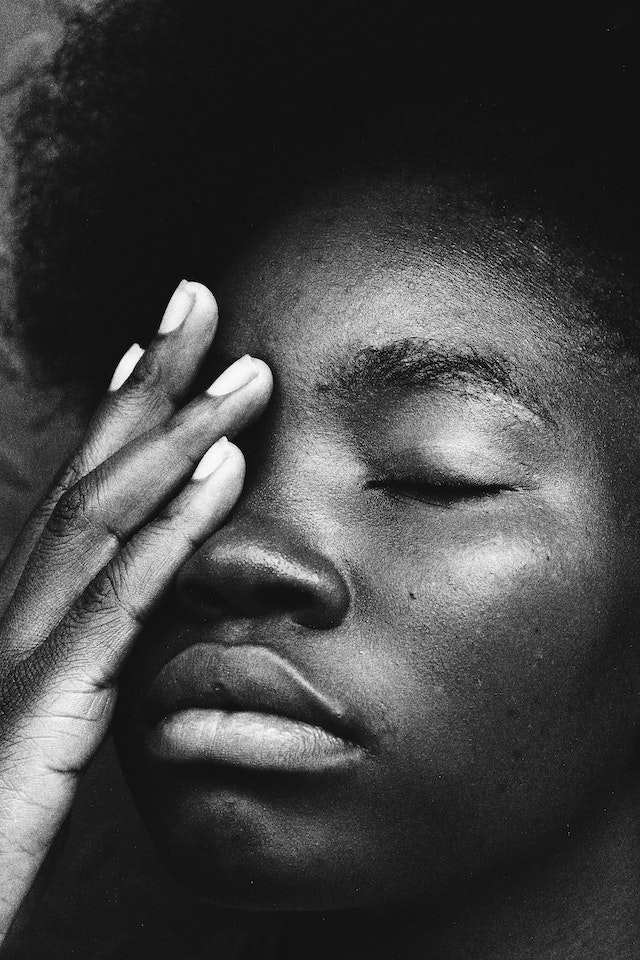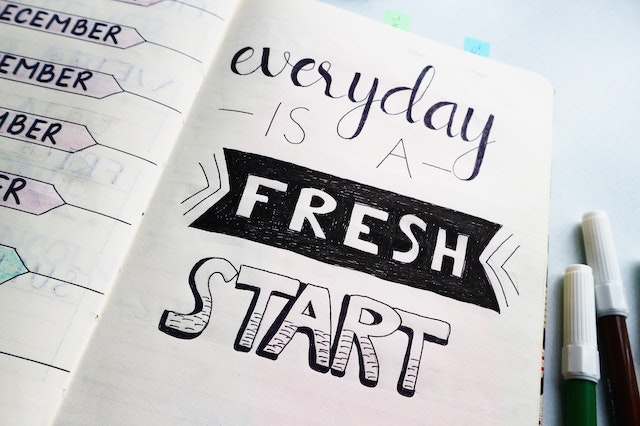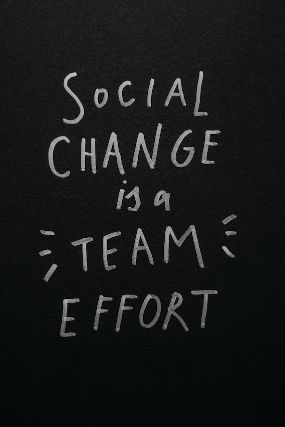
Challenging Common Misconceptions.
Although mental health has received well-deserved attention in the fast-paced world of today, stigmas and misunderstandings still exist. These myths have the potential to spread misinformation and obstruct persons in need of effective support for mental health issues. In order to promote a more understanding and compassionate society, it is imperative to dispel these beliefs. We will explore some widespread myths about mental health that we must quickly dispel in this article(“Debunking Mental Health Misconceptions”)
Mental Health Issues Are Rare.
One common misperception is that only a small number of people experience mental health issues. Truthfully, mental health problems are more prevalent than we generally realize. Approximately 1 in 4 people worldwide may encounter a mental health disorder at some point in their lives, according to the World Health Organization (WHO). The first step toward comprehension and empathy is acknowledging the frequency of these difficulties.

People with Mental Illness are Dangerous.
The fear and discrimination it causes are maintained. The vast majority of those who struggle with mental illness do not commit violent crimes. They are actually more likely to be attacked than to commit acts of violence. Everyone must be treated with compassion and respect, and the individual must be distinguished from the condition.
Seeking Help is a Sign of Weakness.
Strongness, not weakness, is required to ask for assistance. But the myth that asking for assistance denotes inadequacy is still widely held. Reaching out to mental health specialists is essential for emotional wellbeing, just as we go to the doctor when we are ill physically. This is not a sign of weakness, but rather of bravery and self-care.

Children Can't Have Mental Health Problems.
There is no doubt that problems with mental health can occur in kids and teenagers. Early onset of disorders like anxiety, depression, and ADHD is possible. Early detection and treatment of these problems are essential for a child’s healthy growth. Children’s mental health must be carefully monitored by parents, educators, and other adults who are responsible for them.
Positive Thinking Alone Can Cure Mental Illness.
Even if keeping a positive outlook is advantageous, mental illness cannot be treated just by doing so. Due to the complexity of these problems, professional help is frequently needed, whether it be in the form of counseling, medicine, or a mix of the two. Neglecting major illnesses as mere negativity ignores the medical component of mental wellness.https://www.unicef.org/parenting/health/busted-7-myths-about-mental-health
Therapy is Only for "Crazy" People.
Everyone can benefit from therapy; it is not just for people with serious problems. Therapy can assist improve mental well-being, provide coping mechanisms, and foster resilience, just as exercise keeps us physically fit. A proactive move toward self-actualization and personal development is seeking therapy.

You Can "Snap Out Of It".
It is a disservice to someone with struggles to tell them to “snap out of it.” It is difficult to shake off mental health difficulties because they are not transient feelings. Such claims diminish the person’s experience and obstruct honest discussions on mental health.https://lifehacker.com/the-misconceptions-about-mental-illness-we-need-to-unle-1711647132
Medication is the Only Solution.
Although it can be a crucial part of the management of some mental health issues, medication is not the only strategy. Recovery also requires the use of therapy, dietary modifications, and support systems. Mental health specialists should decide on the best treatment strategy because it differs from person to person.
Conclusion.
Dispelling these myths is essential as we work to create a society that is more compassionate and inclusive. By dispelling these false notions, we open the door to candid discussions about mental health and foster a culture where asking for help is welcomed rather than stigmatized. Let us collaborate to promote compassion, empathy, and support for everyone navigating their mental health journeys.https://listverse.com/2023/08/17/10-misconceptions-about-mental-health-we-need-to-unlearn/


